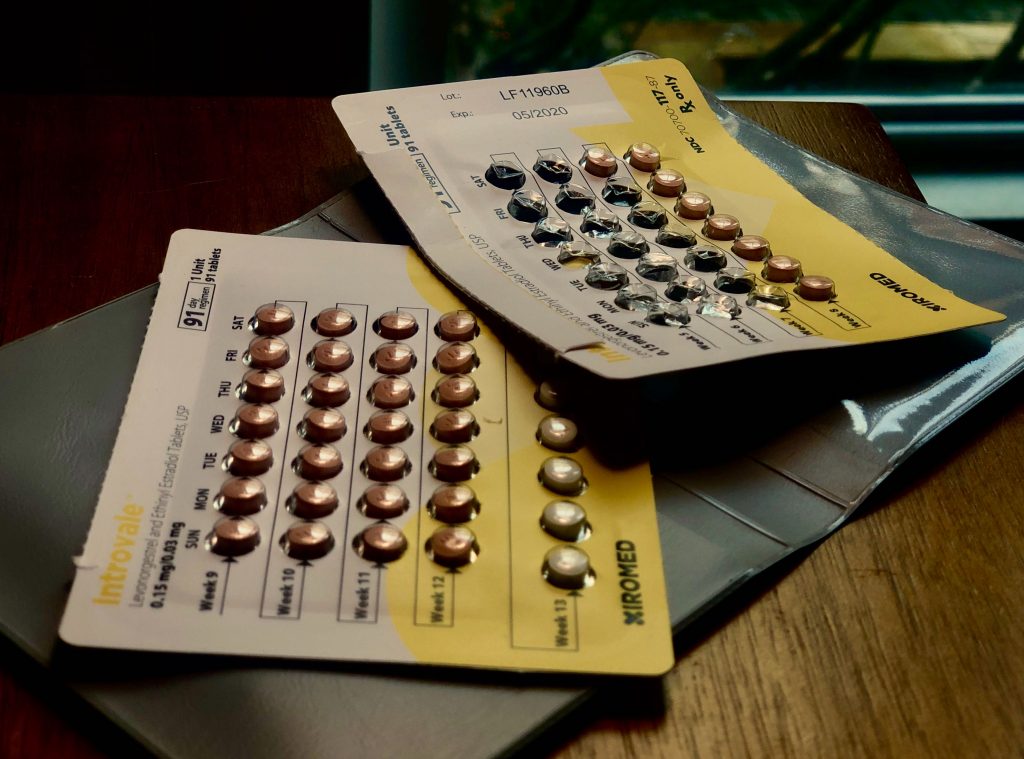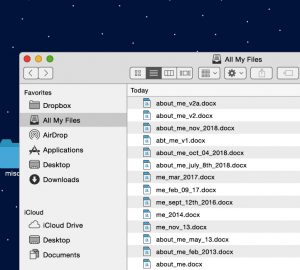by Allison Bolt

More than 9 million women in the United States use birth control pills as their method of contraceptive. However, obtaining birth control pills can prove to be an extremely difficult task for many women. Thankfully, a new generation of apps
The traditional process to gain access to birth control is much like a monologue in a bad Hollywood drama — longwinded, complicated and superfluous. First, you must schedule an appointment with your gynecologist to get the prescription. Unless you are pregnant or it’s an emergency, appointments are scheduled weeks in advance. Once your appointment day finally arrives, gynecologists’ offices are only open weekdays during normal business hours — which means you have to miss work or school. Following your exam, you leave the office holding a prescription.
You believe you have taken all the right steps to get your birth control, but the pharmacy presents you with even more hoops to jump through. As if it wasn’t enough that you had to wait for weeks, miss work and awkwardly spread your legs in front of your doctor, now the pharmacy is in control of whether or not you get those tiny pink pills.
The Affordable Care Act ensures that most insurance companies cover birth control so that it is completely free — thanks, former President Barack Obama. However, if you do not have insurance, birth
You arrive at the pharmacy with your prescription and insurance card in hand, or your preferred payment method if you do not have insurance. You hand over the prescription only to be told that the pharmacist refuses to fill your prescription. Yes, this can happen, and it happens more often than you would think. A recent study by the National Women’s Law Center revealed that 24 states have reports of pharmacies refusing to fill birth control prescriptions. Six of these states have laws that allow a pharmacist to refuse to fill a prescription based on religious or moral beliefs and do not require them to refer or transfer the prescription to a pharmacist or pharmacy who will fill it.
If a pharmacist refuses to fill your birth control prescription it can be publically embarrassing but more importantly, it can delay when you receive your pills. If your last pack just ended and the pharmacist has to transfer the prescription so you can get it filled; there may be a delay in when you receive the pills. This means, your pill-taking schedule is messed up, which means your hormones have been thrown off and you are at
That overwhelmingly difficult, potentially pricey, sometimes embarrassing and often time-consuming process is simply to obtain birth control pills — a medication that you can receive without even getting a prescription in102 other countries. Meanwhile, in the United States,
So, how do these apps work? Basically, these new birth control apps eliminate all of the stressful and complicated steps that we went over earlier. These apps allow you to have a virtual consultation with your doctor instead of going to the doctor’s office, and it only takes one day to set up your consultation so you no longer have to wait weeks to get your prescription. On most of these apps, the consultation is free. Once you have done your consultation, your birth control will be shipped and delivered to your doorstep. No more fighting with pharmacists, just open your door and receive the pills that you have every right to receive.
Types of birth control offered: the ring, the patch and the pill
Price: can be as low as $0 with insurance, price varies without insurance
Emergency contraceptive: depends on your area
Automatic refills: no
Delivery time: 5-7 days
Types of birth control offered: the ring, the patch and the pill
Price: $25 doctor consultation fee, birth control price varies depending on insurance
Emergency contraceptive: no
Automatic refills: yes
Deliver time: 2-3 days on the west coast, 3-5 days for the rest of the U.S.
Types of birth control offered: the ring, the patch and the pill
Price: $0 with insurance and as low as $5 without
Emergency contraceptive: available, $0 with most insurance
Automatic refills: yes
Delivery time: 2-3 days
Types of birth control offered: the ring, the patch and the pill
Price: $18-35 for consultation, price varies for birth control depending on insurance
Emergency contraceptive: yes
Automatic refills: no
Delivery t
Types of birth control offered:pill only
Price: $20 per month
Emergency contraceptive: available, $25-67 per packet
Automatic refills: yes
Delivery time:2-3 days (next-day delivery available for emergency contraception for a $30 fee)
Types of birth control offered:the ring, the patch and the pill
Price: starting at $15 per month without insurance
Emergency c
Automatic refills:yes
Delivery time:2-4 days
It is important to note that these app delivery services are not available in all 50 states. Birth control delivery apps are still a new concept and are mainly being tested in rural areas where access to birth control is next to impossible.
So, are there downfalls to these apps? According to gynecologist Susan Pesci, the pros “definitely outweigh the cons” of birth control delivery apps. The one “con” that is often used against birth control delivery apps is the idea that the use of birth control pills, patches and rings come with risks. These risks include an increased risk of blood clots, stroke
However, all of these apps provide women with information on the risks of birth control. Most of the apps have birth control risks, side effects
Nearly half of the pregnancies in the U.S. are unplanned. That means that 3 million pregnant women each year didn’t plan to become pregnant. Why? Because they didn’t have access to birth control. For teenagers, some young women feel too uncomfortable asking their doctor for birth control. For low-income women, birth control is often too expensive, taking off work for a doctor appointment is not an option or the copay for the doctor’s appointment is out of reach. Finally, for women in rural areas, the nearest doctor can be extremely far away and getting birth control through their pharmacy can often be too difficult.
These hurdles for women are all tied back to politics, as well as the current political climate, and they are not going away anytime soon. In October, Judge Brett Kavanaugh was confirmed and inducted into the Supreme Court. Now, the Supreme Court’s opinion has tipped drastically to the right, especially when it comes to women’s rights and healthcare. This was not only a step
These apps are a game-changer when it comes to the headache of getting your birth control pills in our current political climate. They could be a saving grace for woman all across the nation. However, it should be noted that these apps do not replace your annual gynecologist exam. As uncomfortable as they are, Pap smears, pelvic exams, mammograms, STD testing and so on, are important preventative exams that you need to have each and every year. So, download the app of your choice and get your monthly pack of little pink pills delivered to your doorstep.



























